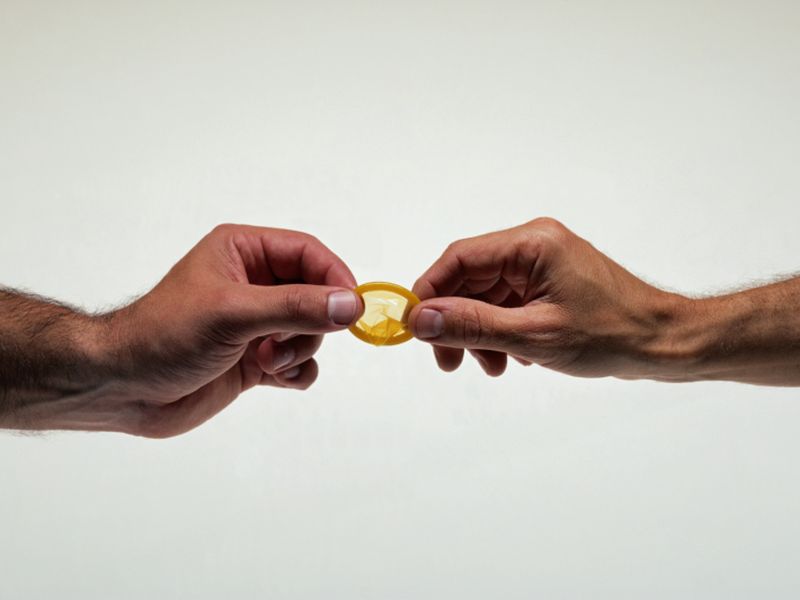
Growing pains occur as kids exercise more and their muscles try to keep up. Ironically, these pains aren’t directly caused by the process of growing, the American Academy of Pediatrics says. Generally, parents shouldn’t be too concerned, the academy advises. These muscle aches tend to occur at night as kids are sleeping or are trying… read on >




























